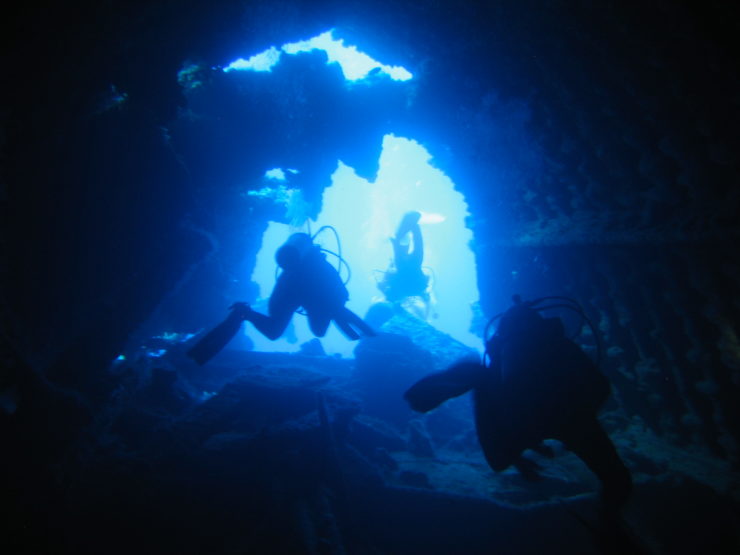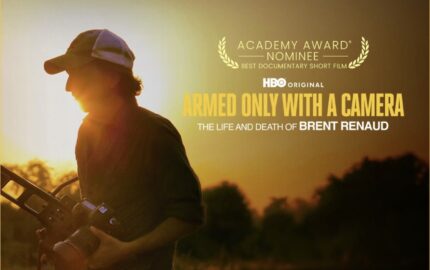“The Law of Storms: The true story of the RMS Rhone and the great Virgin Islands hurricane of 1867” is a nonfiction narrative centering on the story of a luxurious passenger steamship that crashed and sank in a hurricane in the British Virgin Islands (BVI) 150 years ago.
I began writing “The Law of Storms” when I was a Nieman Fellow in 2007-08 but the Nieman connection to this project actually goes back much further. I was first introduced to the BVI and the Rhone by my good friend and colleague, Roberta Baskin, NF ’02, whose father owned a scuba diving business on the main island, Tortola. I went there for the first time with Roberta and her husband in the early 1990s, fell in love with the place, and returned more than half a dozen times to dive and go sailing.
It was on one of those trips in 2007 with my husband that I got the idea for this book. I was eager to explain to him the significance of what he would see on the Rhone dive, considered one of the best wreck dives in the world. I tried reading up on the Rhone’s history but was disappointed by what I found so I decided to see if I could dig up enough information to write a book.
A freelance producer in the Netherlands covering European political, environmental, and feature stories for PBS “NewsHour Weekend,” I kept working on the book but shelved the project when I couldn’t find an agent.
Then came Irma. The category 5 hurricane caused utter devastation across the Caribbean. The eye of the monster passed right over the BVI, just as another storm had 150 years ago when the Rhone sank. The wreck of the Rhone had been such an important source of pride and of income for the islands before Irma. As rebuilding began, wouldn’t the Rhone play that role again?
I decided to finish the book and publish it by October 29, the 150th anniversary of the 1867 storm that sank the Rhone. I concluded the only way to meet that deadline was to publish the book through Amazon Kindle Direct Publishing.
Of the at least 145 passengers and crew members aboard the ship, only 25 people—mostly crew—survived the wreck, and central to the book are the dramatic stories of how each of them survived the disaster. The book also examines Rhone’s rival captains and explains how destruction caused by the hurricane along with a yellow fever epidemic, an earthquake, and tsunami (all within a month’s time) played a role in the 50-year delay of the sale of St. Thomas and St. John to the United States.
I hope the book will be a good read and that it will do some good. I will donate 10 percent of the net proceeds from sales to hurricane relief.




